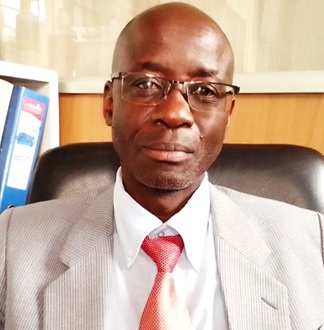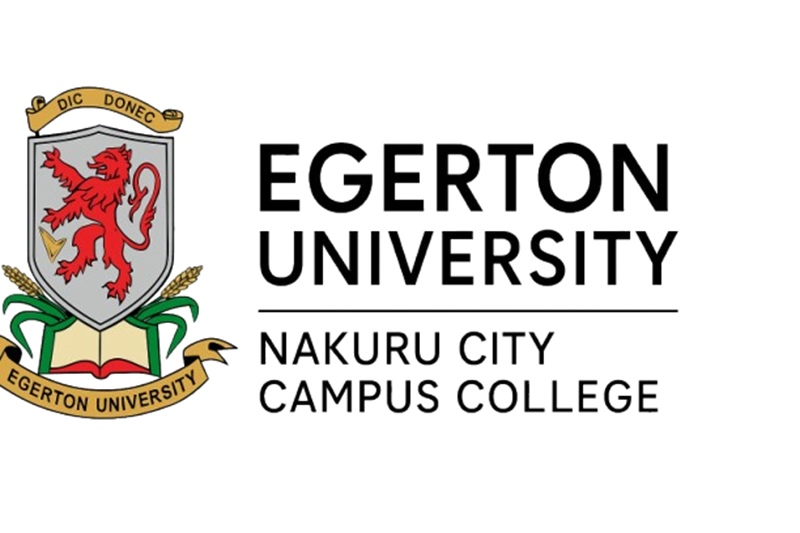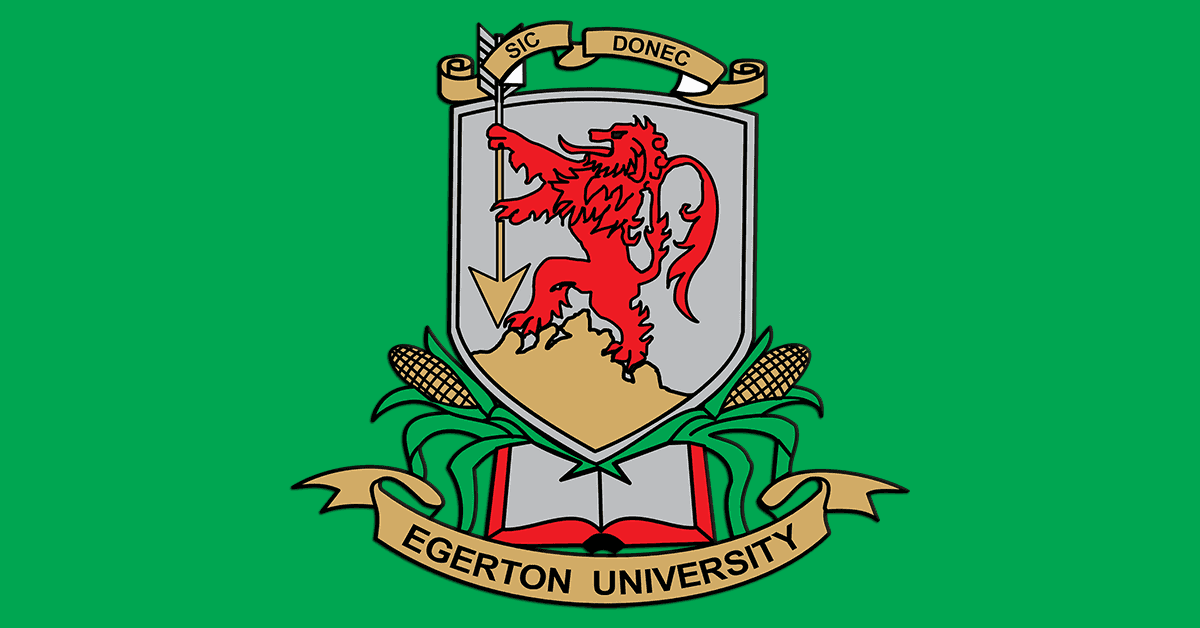
Office of the Assistant Dean of Students - NCCC
The Office of the Dean of Students at NCCC coordinates students’ welfare activities. Its main objective is to develop, nurture and promote a conducive and enabling environment for students to pursue their academic pursuits.
Quality Objectives of the Office of the Dean of Students
- The assist students develop their physical, psychological, social, spiritual and leadership capabilities.
- To cater for the general welfare of students.
The Mandate of the Office of the Dean of Students
- To serve as an advocate for students by ensuring that the interests of students are served in strategic aspects of the university operations.
- To liaise with other university sections and academic departments to ensure that each and every student achieves his/her full potential.
- To prepare students for the challenges of adulthood.
- To develop, nurture and promote an enabling environment that supports and enhances both the academic pursuits and other development processes of students.
- To develop a student’s life by designing program and activities that nurture and encourage a strong sense of belonging among students and staff.
- To promote and expand knowledge about the characteristics of students and the factors that may affect their growth and success, and advise the rest of the university community on the same.
Services offered at office of the dean of students
- Registration and monitoring of students’ professional clubs and associations,
- Guide students leaders in management of day to day affairs of the student’s association – EUSA,
- Recreation – Facilitate students’ sports, games and other welfare activities such as music and drama,
- Offer work-study program and bursaries to needy and deserving students,
- Carry out orientation of all first year students to ensure that they are properly settled in the new university complex environment,
- Train peer counselors and chaplaincy fellows to guide and counsel fellow students to be able to cope with a wide range of psychosocial issues encountered in the course of their academic pursuits such as relationships, sexual harassment, use and abuse of psychoactive substances, conflict with others, academic challenges, depression, stress, spiritual issues etc.
Responsibilities of each Student.
Being Mindful of Others
Students are encouraged to be each other’s keeper by referring the needy and vulnerable colleagues to the Office of the Dean of Students for help as appropriate. In case the affected students are not ready or willing to seek help, students are encouraged to inform the Dean of Students in total confidence.
Death and Bereavement of a Student
This involves a situation where a student may die while in an academic session. Death may occur either on campus or outside the campus. If a student dies while still on campus, the university provides transport for a limited number of student colleagues to his/her resting place.
Before any arrangement is made, documents from the hospital or Chief Medical Officer confirming the death must be provided to the Dean of Students who will in turn officially inform the Vice-Chancellor/the Principal. Students who may want to attend the funeral must request for for transport five days before the date of travel through the Dean of Students office.
Services for Students with Disabilities
A disability is any impairment that substantially limits an individual in a major life activity. Students with any type of disabilities are encouraged to immediately register with the Disability Mainstreaming Committee and the Dean of Students office so as to easily access and benefit from the services offered in those offices.
Work-Study Programme and Bursaries
Work-study programme and Bursaries are offered at the Dean of Students office to assist financially needy students to enable them meet their basic educational needs. Students who wish to benefit from the above programmes are requested to write to the Dean of Students office at the beginning of each semester. Terms and conditions apply.
University Facilities
All student meetings or events that utilize university premises or facilities shall be scheduled in accordance with the university teaching time- table. Any students’ club or association intending to use lecture halls or any university facilities must seek permission in writing to Deputy Registrar – Principal’s office through the Dean of Students. Application letter to use the facilities must reach the Dean of Students at least three days before the material day. An individual or group of students applying for the use of a University facility or premise must take care of it and shall be held responsible for any damage. Students are further advised to desist from tampering with fire-fighting appliances whenever installed. Such appliances shall be used for fire-fighting purposes only. Students are advised against the misuse or willful damage to or destruction of university property, in default of which such student(s) SHALL bear full responsibility of their actions.
No student is supposed to keep a motor vehicle or motorcycle in university premises without the written permission from the Principal. Such permission shall be issued on proof of all relevant documents. Such permission may be refused or withdrawn without giving reasons whatsoever.
Chaplaincy Services
The University provides spiritual environment for free interaction of religious groups which include Protestants, Catholics, SDAs, and Muslims. These groups usually consult and work closely their patrons who are senior members of staff members for spiritual guidance. No individual churches are allowed to operate on campus. The University Chaplaincy serves as a resource and referral centre for students who wish to explore their own spiritual needs and counseling services in the University, and to serve and act as a link between the university administration and the faith community.
Counseling Services
The primary mission of counseling is to assist students in the development of skills for establishing and maintaining effective and satisfying personal and social relationship in the formulation and implementation of their educational and career plans, facilitate student self-understanding and self-acceptance.
The staff in Counseling Centre will assist students with concerns such as the following:
- Become more proficient in life skills such as choosing between alternative effective intra and interpersonal communication, and enhancing their potentials.
- Improve insights and self-understanding that enable students to understand their feelings, cope with crisis and learn how to resolve problems.
- Facilitate emotional, spiritual and psychological healing so that students can move towards wholeness, especially in the light of the brokenness brought about by crises.
- Reconciliation - assist students move towards restoring wholeness in broken or strained relationships with those who constitute their social environment.
- Sustaining and supporting students by sharing burdens with them while responding to a crisis.
- Informing and clarifying alternatives for students by providing specific new information and data for their decision-making.
- Growth nurturing - assisting students as they negotiate the sharp curves of their psychological, physical, emotional, social and intellectual development.
Peer Counseling
Peer Counselors are a group of students specifically recruited and specially trained by the University to guide and counsel their peers. They are trained in and are knowledgeable about life skills, Adolescence Challenges, Counseling Skills and HIV/Aids and Sexually Transmitted Infections (STI). As a result of their training and experience, peer counselors are often more highly sensitized to the needs of those around them and can respond more appropriately to those needs. Peer counselors are always in the hostels, lecture halls and around campus.
Alcohol, Drug and Substance Abuse
Research has shown that alcohol and marijuana (cannabis sativa) are the prevalent drugs mostly abused by the university students in many countries. Certain factors such as peer pressure, easy availability of the substances, parental and societal influences, emptiness in life, and advertising media pressure among many others, play a leading role in the use and abuse of alcohol and drugs. These substances have far reaching adverse physical, social, economic and psychological effects. Students who use these substances as a way of escape or dealing with everyday problems and pressure of growing up are advised to seek counseling services or talk to a peer counselor. Peer counselors or student counselors will treat their disclosure of use of drugs with utmost confidentiality.
CAUTION
- Possession, sale and consumption of controlled substances is prohibited both on campus and off campus. A student if found to be in possession of psychotropic drugs by the State Security agents are prosecuted in a court of law just like any other Kenyan caught breaking the law. The university does not intervene in any way.
- Disciplinary action SHALL be taken against any student who may disturb others while under the influence of alcohol or any other illegal substances or if found peddling or trafficking illegal substances.
NOTE:
As an educational institution, Egerton University is committed to providing an environment that enhances and supports the intellectual growth of all its students. The university community has the collective responsibility to ensure that this environment is conducive to a healthy intellectual growth.
Thank you.


